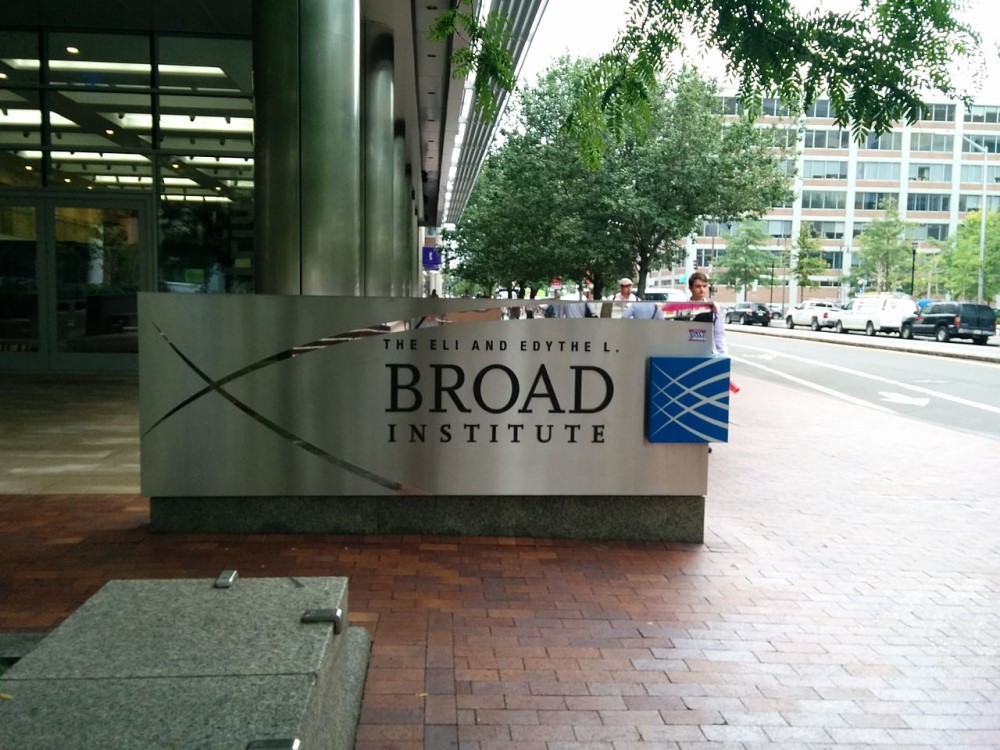
FDA approves first cancer drug based on Broad Institute science
On Nov. 20, 2025, the US Food and Drug Administration (FDA) has approved the first cancer drug based on discoveries from Broad Institute scientists. The drug, sevabertinib, was developed by Bayer Healthcare Pharmaceuticals in close collaboration with the Broad, and is the first FDA-approved medicine from the long-standing Broad-Bayer oncology research alliance.
Sevabertinib is a new oral treatment option for a type of non-small-cell lung cancer, the most common type of lung cancer. The medicine is a pill that patients can take at home and is approved for adult patients with certain HER2 mutations in their tumors and who have already received chemotherapy or immunotherapy. This translates to roughly 4,000 to 8,000 lung cancer patients in the US every year who could potentially benefit from this new drug. Many of these patients are women, including younger women who have never smoked.
The drug’s approval is based on data from Bayer’s Phase I/II clinical trial, which found that over 70 percent of the patients studied in one cohort saw their tumors shrink or disappear. Many patients experienced profound and durable responses.
This achievement is the result of discoveries made by Broad scientists two decades ago and of the collaboration between Broad and Bayer Pharmaceuticals, which began in 2013. The team’s clinical success demonstrates that long-term academic-industry partnerships can close the gap between biological discoveries and new medicines that improve health.
Lung cancer is the leading cause of cancer-related deaths in the US, and non-small-cell lung cancer (NSCLC) accounts for more than 85 percent of lung cancer cases. Up to 4 percent of NSCLC cases carry a HER2 gene mutation, which causes the HER2 protein to become overactive and spur abnormal cell growth.
Sevabertinib halts the activity of HER2 proteins with certain mutations, inhibiting the growth of tumors. Approved as a second-line treatment, it may serve a patient population that until recently had no remaining options after chemotherapy or immunotherapy for treating their cancer.
The FDA granted sevabertinib a Breakthrough Therapy designation in 2024, signifying that the compound may provide substantial improvement over existing therapies in an area of high unmet medical need. In 2025, sevabertinib was additionally granted Priority Review status, meaning the FDA would aim to take action on an application within six months (compared to ten months under standard review).
Tags:
Source: Broad Institute
Credit:
